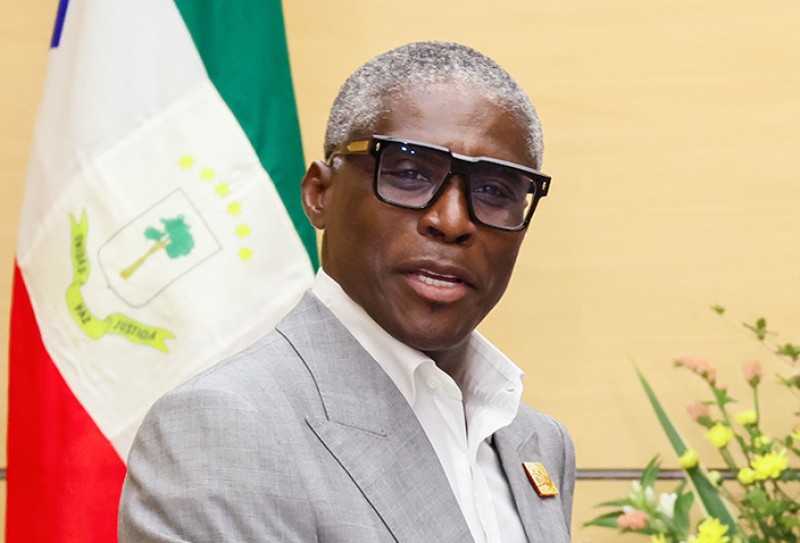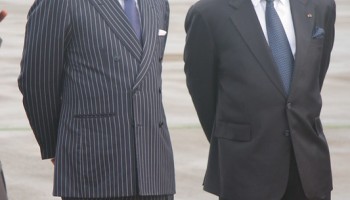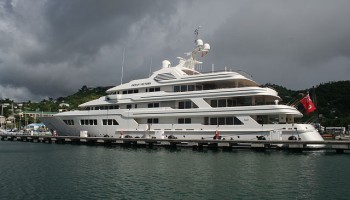Reported by
The International Court of Justice (ICJ) on Friday dismissed Equatorial Guinea’s request to stop France from selling a luxury Paris mansion once owned by former Vice President Teodorín Obiang, the son of Africa’s longest-serving leader.
In its ruling, the court found that the Central African state “has not demonstrated… that it possesses a plausible right to the return of the building” under the legal grounds it cited. This is the second time the ICJ has ruled in France’s favor in the dispute.
The case resurfaced this year after Equatorial Guinea said French police had reentered the property and changed the locks, prompting Malabo’s latest appeal for emergency measures. The ICJ had initially sided with France in 2022, when Equatorial Guinea accused Paris of violating a U.N. convention.
Equatorial Guinea petitioned the ICJ last July to prevent the sale, arguing the property was protected by diplomatic status. French authorities reportedly plan to auction the multimillion-euro mansion and return the proceeds to Equatorial Guinea.
The dispute dates back to 2016, when Equatorial Guinea first claimed the mansion had diplomatic protections. Located near the Arc de Triomphe in Paris’s affluent 16th arrondissement, the mansion was seized in 2012 during a corruption probe into Obiang, 57, who was convicted in 2017 of embezzling and laundering at least $174 million in public funds. French courts handed him a suspended three-year sentence and ordered the confiscation of his assets, including the estate, reportedly equipped with a private cinema, hammam, and marble-and-gold bathrooms.
Transparency International (TI) welcomed the ICJ’s decision. “This allows us to move forward positively towards the future restitution of these Equatorial Guinean assets, which have been definitively confiscated by the French courts,” Sara Brimbeuf, head of advocacy for grand corruption and illicit financial flows at TI France, told OCCRP.
Still, Brimbeuf cautioned that the legal battle may not be over. “We deplore the numerous appeals lodged by Equatorial Guinea, which are obviously delaying the restitution process,” she said, noting that Malabo continues to file challenges even though the assets have been frozen in connection with events dating back nearly two decades.
“From a practical point of view, this decision means the French authorities will be able to move forward with the sale of some of the apartments in the mansion,” Brimbeuf said. She added that more than €100 million ($117.63 million) is at stake, which, under French law, must be returned to the people of Equatorial Guinea.






